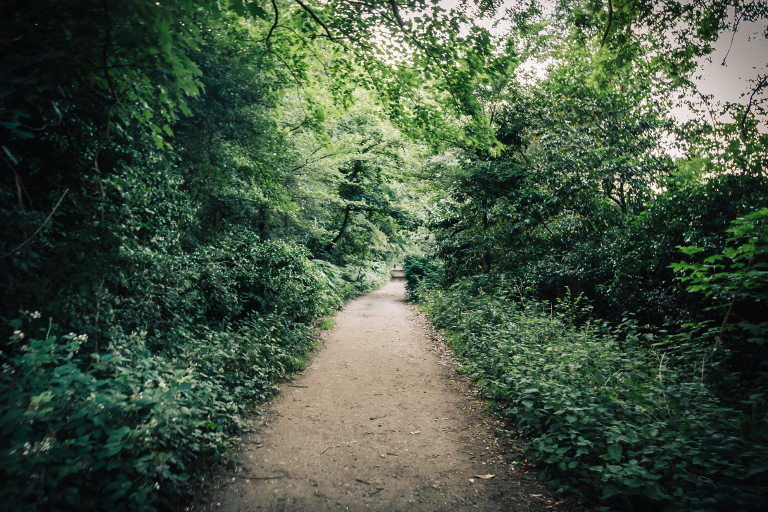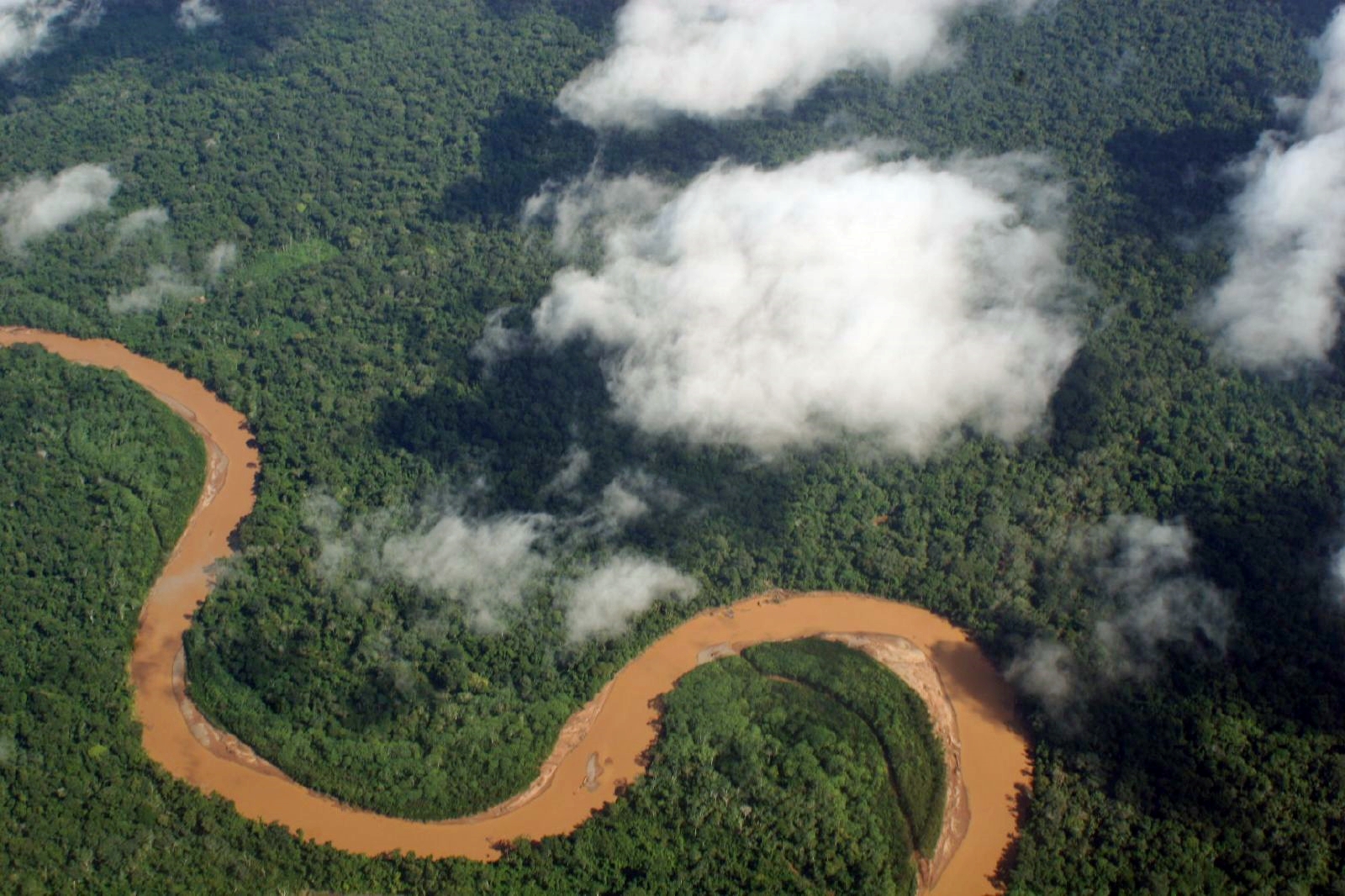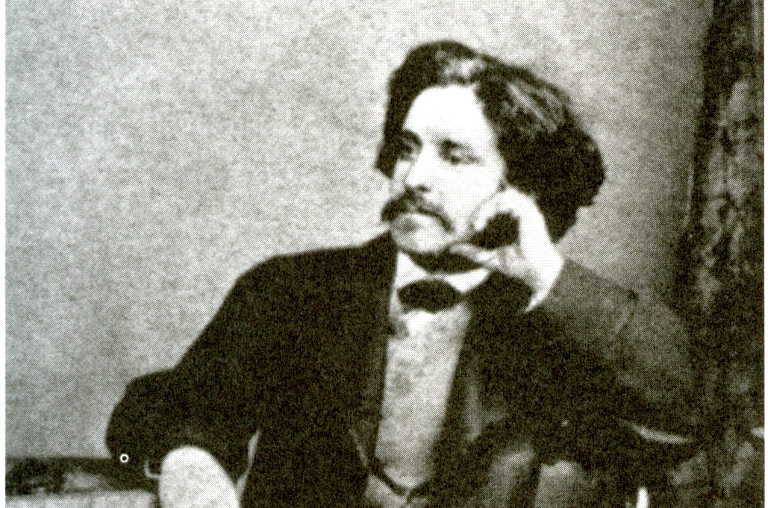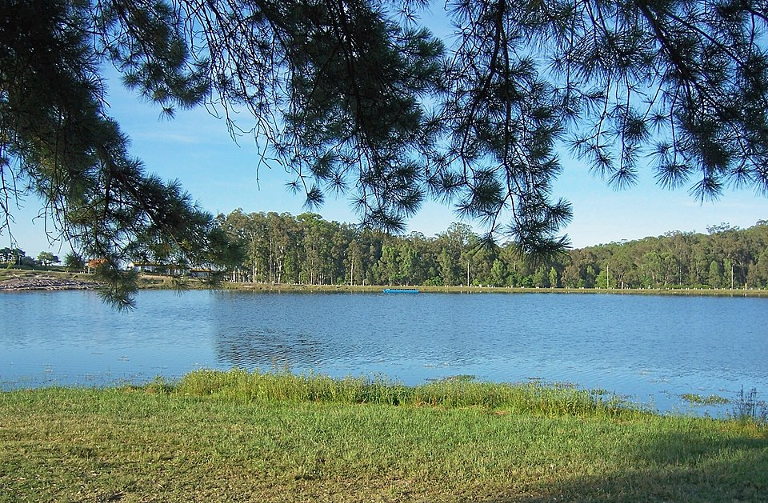Sirio López Velasco, Uruguayan-Brazilian-Spanish, was born in Uruguay in 1951. In 1985, while living as a political exile in Belgium, he obtained his doctorate in Philosophy at the Université Catholique de Louvain (Belgium), where he also received a “Licensed” diploma in Linguistics and was co-founder and coordinator (1983-1985) of the Latin American Philosophy Seminar (the first PhD seminar created by students at that University founded in 1425). In 2002 and 2009, he conducted postdoctoral research in Philosophy at the Institute of Philosophy of the Higher Council for Scientific Research (CSIC, Madrid, Spain). In 1988, he was elected Vice-President of the International Association of Young Philosophers (IAYP) at the XVIII World Congress of Philosophy (Brighton, England); he held that post until the next World Congress (1993). From 1989 to 1992, he was retained by the University of Mainz (Germany) as a researcher for development of the Diatopic and Diastratic Linguistic Atlas of Uruguay (coordinated by Harald Thun and Adolfo Elizaincín).
López Velasco was a professor at the PUCRS and UNISINOS Universities (in Porto Alegre, Brazil). From 1989 until his retirement in 2019, he was Professor of Philosophy at the Federal University of Río Grande (FURG, in Rio Grande, Brazil); where from 1994 to 2016 he helped develop first the Master, then the Doctoral Degree programs in Environmental Education (the first and only program to date recognized by Brazil’s Ministry of Education). He was a member of the International Scientific Committee for the 1st and 3rd World Congress on Environmental Education (held, respectively, in Portugal in 2002, and in Italy in 2005). He was also a member of the official Brazilian delegation in education to the “Rio+20” (UN Conference on Sustainable Development), held in Rio de Janeiro in June 2012. He is a member of two Working Groups of the Associação Nacional de Pesquisa e Post-Graduação em Filosofia (ANPOF) | National Association of Research and Graduate Studies in Philosophy, Brazil. He was Secretary in Rio Grande of the Sociedade Brasileira para o Progresso da Ciência (SBPC) | Brazilian Society for the Progress of Science. He directed several postgraduate theses, in Philosophy and Environmental Education, and gave lectures at international conferences held in Latin America and Europe.







